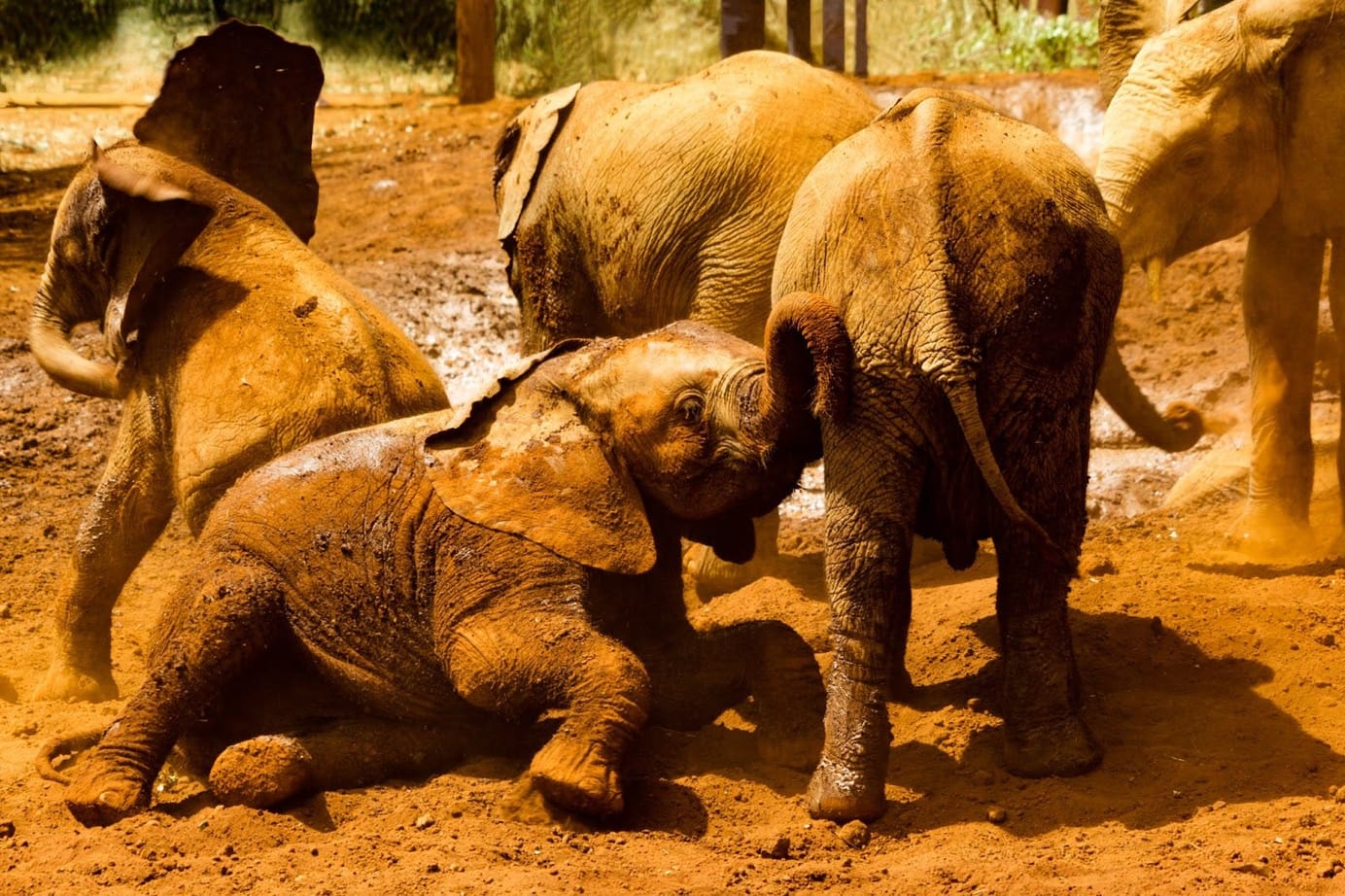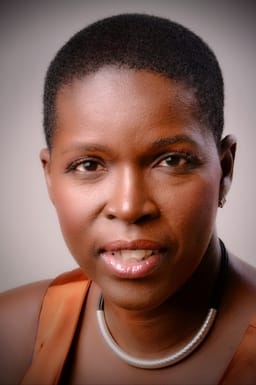
🌱 Getting in the Dirt with Roots Change
Part II: Building sustainable activism against unhealthy systems
🤓 Bite-Sized Knurd: The pandemic was a unique opportunity to pause and reflect. Some used the time to strengthen their theories for social change.
In Case You Missed It: How do we cultivate social change?
Image by Alex Mercado via Unsplash
It’s very rare in our world to be given the opportunity to stop and reevaluate.
And that’s precisely why the pandemic was so transformative for many people. People questioned their gender and sexuality for the first time, while others changed careers. The pandemic brought some closer to their families of origin and some further apart.
The pandemic’s disruptions gave people the chance to pause and actually ask themselves, do I believe what I believe?
For me, the pandemic offered a permission structure to interrogate the narratives that I’d heard since birth.
Journey to the Center of Social Justice
Thus began my Public Library-financed learning journey! I read everything I could get my hands on.
Perspectives from modern-day Confederates, the original inhabitants of this land, the granddaughter of slaves, a playful, animal-loving girl, a Black minister wrestling back the meaning of Christianity, and more.
John Lewis was the beginning. Reading about the white women and children who beat him while the police watched at the Montgomery Bus Boycott. His deep compassion for the perpetrators of violence. Knowing they lived in an oppressive system. How they followed their scripts well. I internalized his nonviolent approach. How can I move in this world in a nonviolent way?
The racialized history of New Mexico. My ancestors were a part of the United States overnight, but it took 66 years to become full citizens. The sinister nature of White Supremacy convinced them to assimilate. Be closer to whiteness. Disavow their indigenous brothers and sisters. What does that do to a person?
Regina Jackson and Saira Rao’s ‘White Women’ gave me answers to the discomfort I felt in so many spaces when my intersectionality didn’t fit. I reckoned with my own internalized racism. How can my voice disarm white supremacy?
‘My Grandmother’s Hands’ brought me back to my body and the harm that oppressive systems have wrought on us. I listen to my body now. I welcome all my emotions. What does a settled body do to others around it? How can my settling influence others?
‘Pleasure Activism’ gave me the permission structure to love myself when patriarchy told me not to. What have I rejected because of fears of shame? How can I reclaim them?
Octavia Butler gave me permission to dream. How can my writing transform how others see the world?
Old Rotted Roots
One theme that kept popping up was the idea of systems and how choices in the past (historically made mostly by white men) became the systems we have today. The pandemic revealed that our society is built on top of unhealthy soil. The books I read only solidified this truth.
Our society and institutions were built on top of the unhealthy soil of, as bell hooks refers to it, ‘white supremacist capitalist patriarchy.’ Using this language can be jarring for some people, but when we peel back the layers, most larger social issues are entangled in these systems. The roots, or social conditions, are unable to flourish in spoiled dirt. Policies, legislation, and social norms will continue to reinforce the systems beneath the roots if we do not cultivate healthier soil.
Practically everything we’ve talked about in this newsletter has roots in this soil.
- Immigrants are People Too!
- Today's State of Individualism & It's Harms
- Climate Disaster Is Already Here
- The Rise of Extremism
- The Horrible History of Education in America
- How the Court was Corrupted
Next week, we’ll dive into what the unhealthy soil means for cultivating change.
What do you think? How did the pandemic change your belief systems?

- Already starting to plan for end-of-the-year fundraising? Check out our digital advertising package for the templates and guide you need to build a strategic advertising campaign.
- Social media is going through a tumultuous time. How are non-profits supposed to juggle all the changes? (IG Post)
- What is the future work? How do we imagine work outside capitalism? Rethink what work is, why we do it, and what work is valuable. (IG Post)
the roots of change media ecosystem Newsletter
Join the newsletter to receive the latest updates in your inbox.



